Essential Oils: The Best Way To Treat Hemorrhoids
Eliminate the pain and discomfort of piles with topical application of natural remedies.
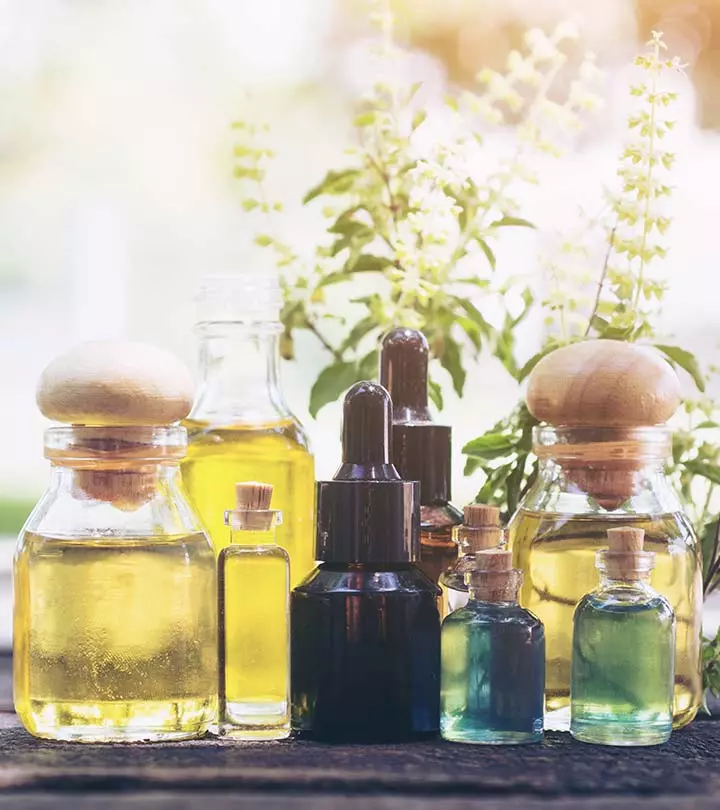
Image: Shutterstock
Hemorrhoids are synonymous with torture. And unless you experience them, you cannot understand how painful and severe they are! Fortunately, there are excellent remedies available for hemorrhoids. Tea tree, lavender, and clove essential oils are some of the commonly used essential oils to treat hemorrhoids. These oils have been used since time immemorial to treat a variety of diseases. They help alleviate hemorrhoids due to their anti-inflammatory, antiseptic, and analgesic properties. In this article, you’ll get to know which essential oils work the best in curing these painful hemorrhoids. Happy reading!
In This Article
What Are Hemorrhoids? Why Are They Caused?
Hemorrhoids or piles are swollen veins in your anus and lower rectum (something like varicose veins). Depending on the location, they can be internal or external.
Hemorrhoids have many causes – pregnancy, obesity, postural defects, constipation, etc. In most cases, the reason is unknown.
The swollen veins can lead to the formation of an extremely painful blood clot, which sometimes needs to be lanced surgically.
To avoid surgical procedures, alternative therapies like homeopathy, naturopathy, and aromatherapy are being popularly used, and they are highly successful in reducing the severity of hemorrhoids with minimal or no side effects.
The most helpful and affordable of all the options is using essential oils like tea tree oil, geranium oil, juniper oil, frankincense oil, clove oil, cypress oil, myrtle oil, etc.
Let’s get into the details of which essential oils you can use and how. Scroll down!
Key Takeaways
- Hemorrhoids or piles are swollen veins in your lower rectum and anus.
- Pregnancy, obesity, and constipation are some of the causes of hemorrhoids.
- Essential oils like tea tree oil, patchouli, and lavender possess anti-inflammatory properties that reduce swelling and improves blood flow to the anus.
- Dilute essential oils in carrier oils like coconut or jojoba oil before using them.
- Consult a doctor if you experience lumps inside your anus or skin allergies.
14 Best Essential Oils For Hemorrhoids
- Tea Tree Oil
- Geranium Essential Oil
- Dill Oil
- Juniper Oil
- Lavender Oil
- Frankincense Oil
- Chamomile Essential Oil
- Sandalwood Essential Oil
- Cypress Oil
- Patchouli Oil
- Helichrysum Oil
- Myrtle Essential Oil
- Clove Essential Oil
1. Tea Tree Oil
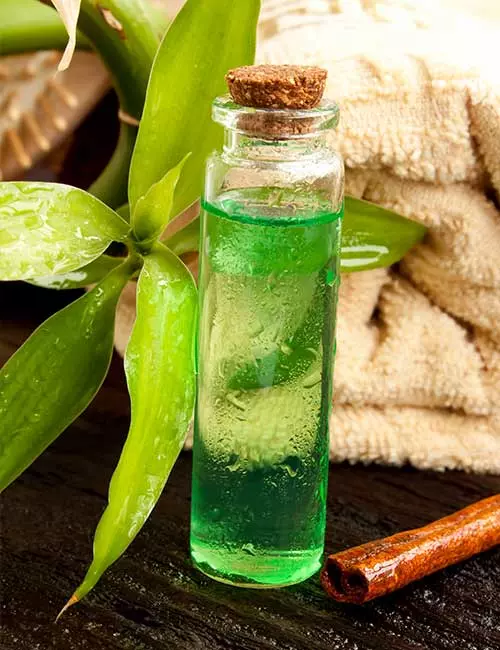
Tea tree oil has antimicrobial, antiseptic, and anti-inflammatory properties that can heal cuts, wounds, allergies, psoriasis, and other skin problems (1). It can also prevent microbial infections and accelerate the healing of damaged blood vessels with its antioxidant activity. It is one of the best essential oils for itching, pain, and burning sensation caused by swollen blood vessels in the affected area.
Applying tea tree oil to the affected area can relieve the pain, itching, and burning sensation due to the swollen blood vessels.
Do a patch test and dilute it in a carrier oil before applying it to your anus because some people are sensitive to crude tea tree oil.
Directions To Use
If you are not sensitive to tea tree oil, apply it generously to the affected area on the rim of the anus using a soft cloth or cotton wool. It is better to mix a few drops of tea tree oil with a carrier like coconut oil, castor oil, or almond oil to avoid itching and irritation.
2. Geranium Essential Oil
Chinese and Iranian medicine use geranium oil to cure dysentery, inflammation, microbial infections, wounds and cuts, and even cancer.
Geranium essential oil is a potent antioxidant, anti-inflammatory, antimicrobial, and cytotoxic agent because of its phytochemical content. It has terpenes like citronellol, linalool, trans-geraniol, cadinene, and germacrene D as its primary constituents.
Geranium oil is an important player in aromatherapy because it has a relaxing effect on your mind, improves circulation, stimulates and clears lymphatic system, aids detox, and helps overcome addictions.
Thanks to its medicinal properties, geranium oil gives maximum relief from hemorrhoids, indigestion, constipation, and phlebitisi The inflammation of veins due to blood clotting or damage to vein walls, which may lead to pain and swelling. (2).
Directions To Use
- ix six drops of geranium oil with a carrier like coconut oil, castor oil, or olive oil.
- Apply it gently to the affected area with a soft cloth or cotton ball regularly.
3. Dill Oil
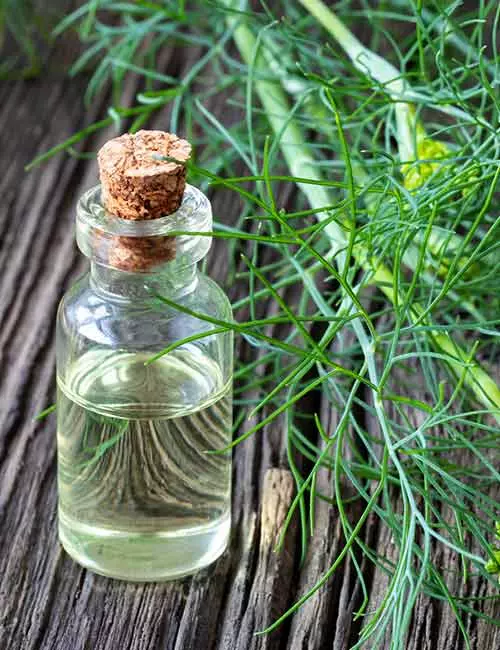
Dill is used as a flavoring agent in global cuisines and has multiple medicinal benefits, especially for your GI tract.
It cures indigestion and flatulence, relieves stomach cramps, and lowers cholesterol. And dill oil can heal wounds when applied topically.
Dill essential oil contains carvone, limonene, and phellandrene that have an analgesic (pain killing) effect. Carvone also improves circulation (3).
These properties make dill oil an ideal candidate to treat bleeding external hemorrhoids. Don’t you think?
Directions To Use
- Mix 5-10 drops of dill oil with a carrier like coconut oil, castor oil, or olive oil.
- Apply it gently to the affected area with a soft cloth or cotton ball.
Nana, a blogger, shares on her personal blog how castor oil reduced her symptoms of hemorrhoids. She writes, “Last year, in the summertime, my doctor put me on extra iron and that constipated me, and using the washroom was a struggle. Now, through pushing and straining, my hemorrhoids decided to flare up again (i).” She continues, “I have been two weeks free of discomfort. Whenever I feel the throbbing, I go and use this [castor oil]. Before any bowel movement, I put a little bit on my hands, okay, and then, I just apply it, and then I use the washroom. When I am done, I just wash the area and then apply it again.”
5. Juniper Oil
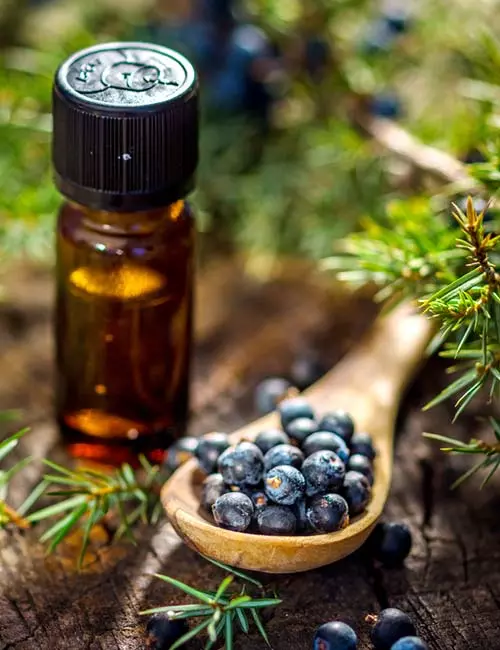
Juniper oil was used in ancient Turkish medicine for its antinociceptivei A process that helps to relieve, reduce and manage pain by impeding the perception of pain in the body. , antioxidant, antiseptic, diuretic, analgesic, antirheumatici The property of a substance to minimize the risk of or prevent rheumatoid arthritis, which causes inflammation in the joints. , and antimicrobial properties.
Juniper oil contains alpha-pinene, myrcene, sabinene, and beta-pinene, which have incredible antioxidant and anti-inflammatory properties (4).
Applying it to hemorrhoids reduces the inflammation, pain, sepsis (if any), and bleeding while passing stool drastically.
Directions To Use
- Dilute juniper oil with a carrier like almond oil, castor oil, or avocado oil.
- Apply it gently to external hemorrhoids or the rim of the anus with a soft cloth or cotton ball regularly.
6. Lavender Oil
Another essential oil known for its anti-inflammatory and analgesic effects, lavender oil is one of the commonly recommended ingredients in aromatherapy.
It promotes overall well-being by soothing the strained nerves, improving blood circulation, relieving the soreness of your body (when massaged with), managing anxiety and depression, and healing wounds and mild skin rashes.
As a result, lavender oil reduces the size and severity of hemorrhoids and allows pain-free bowel movements.
Directions To Use
- Dilute lavender oil with jojoba oil or coconut oil.
- Apply it gently to the rim of the anus or the affected area with a soft cloth or cotton ball regularly.
7. Frankincense Oil
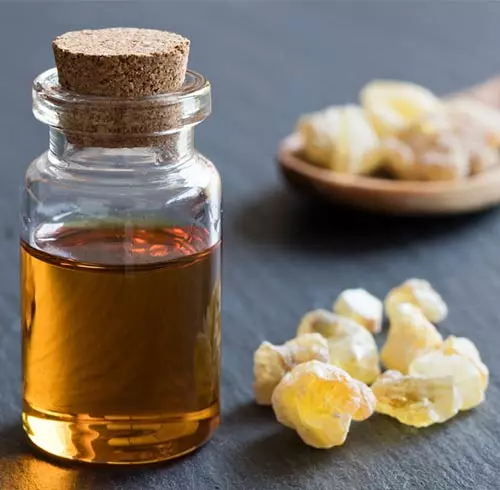
Frankincense is a sticky resin extracted from the plant Boswellia serrata. It has been traditionally used in folk medicine to cure various inflammatory and chronic diseases.
Frankincense oil is made by steam distillation of the sticky resin, and it has excellent therapeutic properties – including antirheumatic, anti-inflammatory, antimicrobial, analgesic, diuretic, and anticancer effects (5).
Since frankincense oil is rich in monoterpenes, sesquiterpenes, alcohols, and esters, using it as an alternative medicine for hemorrhoids can give quick relief from pain, reduce the inflammation, and cure constipation (6).
Directions To Use
- Dilute 2-3 drops of frankincense oil with a carrier like jojoba oil, castor oil, or coconut oil.
- Massage the mixture on the rim of the anus or the inflamed area with a soft cloth or cotton ball.
 Trivia
Trivia8. Chamomile Essential Oil
Chamomile essential oil has been extensively used in Unani, homoeopathy, and several traditional medicinal preparations.
It has antiseptic, anti-inflammatory, antispasmodici The property of a medication to prevent muscle spasms, especially in the gut, to relieve pain and discomfort. , and sudorific effects on your body. It can heal wounds, skin lesions, boils, and even hemorrhoids when applied topically (7).
Directions To Use
- Dilute 2-3 drops of chamomile oil with a carrier like jojoba oil, castor oil, or coconut oil.
- Massage the mixture on the rim of the anus or the inflamed area with a soft cloth or cotton ball.
 Quick Tip
Quick Tip9. Sandalwood Essential Oil
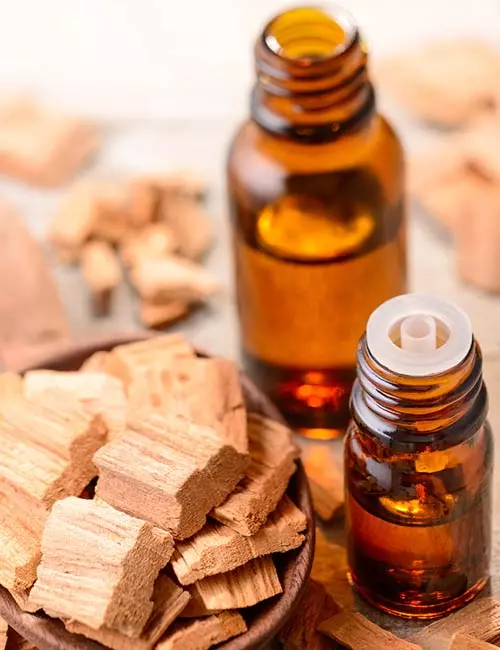
Sandalwood oil or white sandalwood is an excellent anti-inflammatory agent and is widely used in Indian folk medicine to cure skin allergies.
It has potent analgesic and antipyretic actions – if you are running a high temperature, it can bring the fever down and give you lasting relief.
This cooling property comes into play when it is applied to the hemorrhoids. It reduces the excruciating pain and can prevent infections because of its disinfecting effect (8).
Directions To Use
- Add 4-5 drops of sandalwood oil to a carrier like olive oil, castor oil, or coconut oil.
- Mix the contents and massage on the inflamed area with a soft cloth or cotton ball.
10. Cypress Oil
Cypress essential oil has high levels of pinene, carene, limonene, α-terpinolene, and related terpenes that are anti-inflammatory agents. It is a potent astringent and can heal open or injured blood vessels quickly.
For those looking for essential oils for bruises, cypress oil is particularly effective due to its ability to speed up healing and reduce inflammation. Cypress oil can treat toothache, bleeding wounds, bruises, pimples, sores, and even hemorrhoids. It is very gentle on your skin and stops the bleeding from external hemorrhoids almost immediately (9).
It has a soothing smell and exhibits high antimicrobial activity. You can try using soaps, creams, and lotions rich in cypress oil to lessen the severity of hemorrhoids.
Directions To Use
- Add 4-5 drops of cypress oil to a carrier oil like almond oil, jojoba oil, or coconut oil
- Mix the contents and gently massage into the affected area.
11. Patchouli Oil
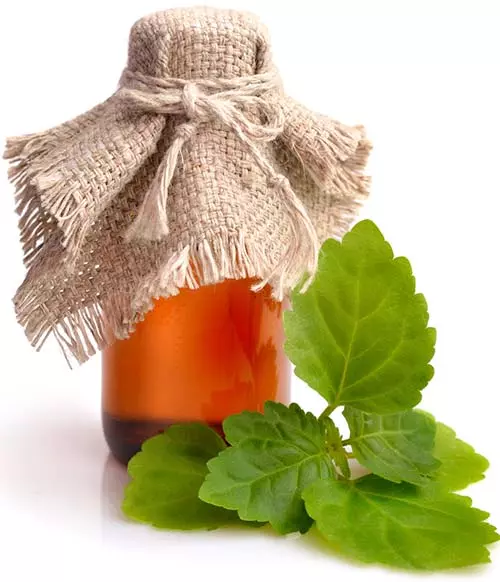
Patchouli oil has antimicrobial, antiseptic, disinfectant, astringent, decongestant, deodorant, insecticidal, antiemetic, anti-inflammatory, laxative, and vulnerary properties.
Phew! That’s a long list – thanks to its phytochemicalsi Cancer-preventive compounds found in fruits, vegetables, and nuts that help boost the immune system. eugenol, pinene, benzaldehyde, patchoulenone, and various sesquiterpenes.
And that’s why patchouli oil is one of the best home remedies to treat hemorrhoids. The combined action of anti-inflammatory, vulnerary, astringent, and laxative effects rapidly cures severe hemorrhoids and also prevents constipation (10).
Directions To Use
Gently massage a few drops of patchouli oil with your fingers into the affected area or on the rim of the anus.
Did You Know?
- Pacholi or Patchouli is extensively used in India to scent fabrics.
- Indian inks were scented with patchouli.
- Such inks fixed the color, and the alcohol Patchoulol aided the inks to dry more quickly!
12. Helichrysum Oil
Helichrysum essential oil extracted from the Helichrysum italicum plant has been used for centuries to treat conditions like allergies, indigestion, cold and cough, wounds, bruises, and constipation.
Because of its anti-inflammatory property and tissue growth-stimulating and analgesic effects, helichrysum oil can be used to treat hemorrhoids.
Applying the oil on painful and piercing hemorrhoids can give you great relaxation and gradually ensure free bowel movements.
Directions To Use
- Blend 4-5 drops of helichrysum oil with a carrier oil like almond oil or avocado oil.
- Apply it to the affected rectal cavity or other external hemorrhoids.
13. Myrtle Essential Oil
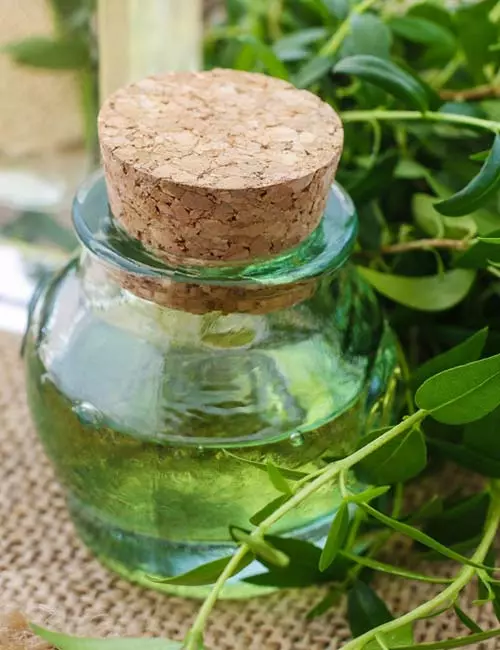
Myrtus communis is a medicinal plant native to the Mediterranean and Asian subcontinents.
Myrtle oil is extracted from different parts of the plant and has notable therapeutic properties – including antimicrobial, diuretic, anti-inflammatory, lipolytic, antidiabetic, antioxidant, decongestant, antirheumatic, hemostatic, vulnerary, and digestive properties.
Myrtle essential oil has bioactive compounds like linalool, eucalyptol, pinene, terpineol, and geranyl acetate, which reduce inflammation of the veins, causing the hemorrhoids to swell, soften the surrounding tissues, and prevent them from bleeding and worsening (11).
Directions To Use
- Add 4-5 drops of myrtle oil to an ounce of cold cream.
- Mix the contents and apply gently to the inflamed rectal cavity or other external hemorrhoids.
14. Clove Essential oil
Clove oil is extracted from the dried flower buds of Eugenia caryophyllata L. plant and finds its use in wound healing and pain relieving and in global cuisines.
The active constituents of clove oil are carvacrol, thymol, eugenol, and cinnamaldehyde. These give it its characteristic antifungal, antioxidant, antimicrobial, anti-inflammatory, cytotoxic, anesthetic, and insecticidal properties (12).
Clove oil can promote healing, relieve pain and swelling due to inflammation of the veins in the renal cavity, and keep sepsis-causing secondary infections at bay.
Directions To Use
- Add 4-5 drops of clove essential oil to 1 ounce of cold cream or carrier oil (coconut, jojoba, almond, castor, or olive oil).
- Mix the contents and gently apply to the inflamed rectal cavity or other external hemorrhoids with a sterile, soft cotton ball.
While they can be useful in treating hemorrhoids, it is important to exercise caution when using essential oils. Before beginning any new treatment, always get advice from your doctor, particularly if you are pregnant or have underlying medical issues. This way you can ensure that these natural remedies work effectively without delivering any adverse effects.
You now are aware of most of the essential oils that may help you safely treat hemorrhoids at home. You may also try other oils, such as black seed oil, coconut oil, and other natural home remedies to treat hemorrhoids. However, hold that thought!
How safe are they? After all, they are herbal extracts and potent allergens that are capable of triggering hypersensitivity in your body. Aren’t they?
Should you be cautious? Scroll down for the answers!
What Precautions Should You Take While Using Essential Oils?
- Potency Of The Essential Oil
Although they offer relaxation and pain relief, essential oils can do more harm than good to your body if you use them in large quantities.
Speak to your doctor about the potency of each essential oil and only then formulate a suitable dosage for treating the hemorrhoids.
Unless advised, always dilute the essential oils in carrier oils like coconut oil, jojoba oil, or olive oil before applying it over the affected area.
- Internal Hemorrhoids
Essential oils are a common remedy to treat external hemorrhoids.
Never try to treat internal hemorrhoids by placing the essential oils inside of you unless approved by your doctor.
- Surrounding Tissues
Do not apply too much of essential oils to the surrounding tissues and wash rigorously.
This will damage the tissue around the hemorrhoid and increase the pain and might make you more prone to infections.
- Oral Consumption
Essential oils are toxic compounds and are not monitored by the FDA.
– Hence, do not ingest them orally unless advised by a medical supervisor.
Caution!
If you are experiencing,
- Uncontrolled bleeding during bowel movements
- Lumps growing inside your anus
- Chronic constipation – Pain and swelling in the rectal cavity
- GI tract disturbances
- Skin allergies Do not try to treat them on your own.
Stop your essential oil treatment and consult your doctor at the earliest.
Note: A patch test should always be done before using essential oils to make sure there will not be any negative reactions. This is because essential oils can trigger allergic reactions in some individuals.
What’s My Take?
Aromatherapy and alternative medicine using essential oils have cured all kinds of diseases across civilizations and continents.
Essential oils are the safest, abundant, and most accurate options to treat acute as well as chronic and highly sensitive conditions like hemorrhoids.
When used in the right doses under medical supervision, essential oils can completely cure the most dreadful stage-IV hemorrhoids – these can only be removed surgically for relief.
Undoubtedly, you need to have these essential oils (a few if not all) in your dispensary because they treat many other disorders caused due to inflammation along with the ones we’ve discussed in this article.
Though essential oils may help with hemorrhoids, they might not be the best option if you are allergic to them. You may use vitamin E oil instead to treat hemorrhoids. Take a look.
Vitamin E Oil For Hemorrhoids
Anecdotal evidence suggests that vitamin E oil may help treat hemorrhoids. This may be possible due to its anti-inflammatory properties that may help reduce inflammation and swelling. Research further suggests that its antibacterial properties may help keep bacterial infections at bay and boost the healing process (13). You may use the oil alone or mix it with other skin-soothing ingredients like aloe vera gel and jojoba oil. However, ensure you perform a patch test before using it, especially if you have sensitive skin.
Infographic: 5 Best Essential Oils For Hemorrhoids
Hemorrhoids are extremely painful and cause severe itching and irritation. Several therapies involve the use of essential oils like tea tree oil, chamomile oil, peppermint oil, eucalyptus oil, rosemary oil and cypress oil, so it’s not a surprise that they are useful to provide relief from the painful symptoms of hemorrhoids. We list the 5 best essential oils that you can use. Check out the infographic below. Illustration: StyleCraze Design Team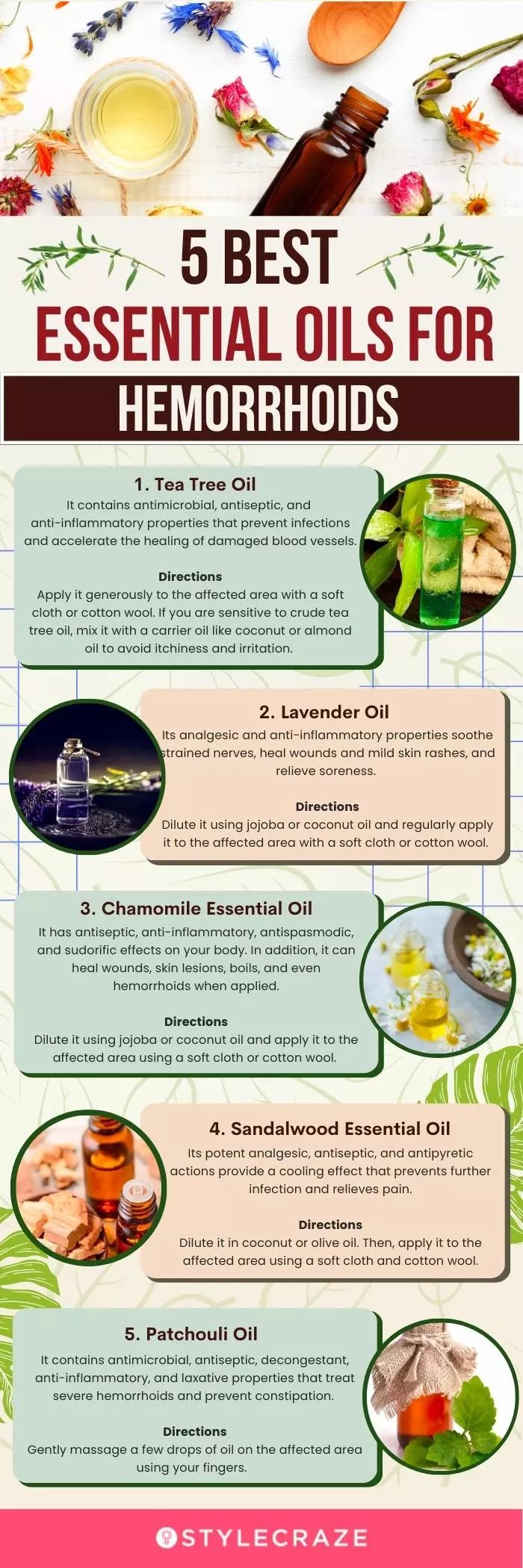
Essential oils are effective remedies to treat hemorrhoids. These oils exhibit anti-inflammatory, antiseptic, and antimicrobial properties. The oils may help relieve the pain and burning sensation associated with hemorrhoids. However, excess use of these calming oils may do more harm than good due to their potency. Also, do not ingest them orally. If you are experiencing uncontrolled bleeding during bowel movements and chronic constipation, stop using them and consult your doctor.
Frequently Asked Questions
What shrinks hemorrhoids fast?
Using ice packs, OTC hemorrhoids creams, or using pads infused with witch hazel extract may help shrink hemorrhoids quickly.
Why won’t my hemorrhoids go away?
A chronic case of hemorrhoids may indicate an underlying medical issue that requires immediate attention. Consult your healthcare provider.
What happens if hemorrhoids go untreated?
There is a chance that untreated internal hemorrhoids may lead to bleeding. External ones may result in blood clots that cause intense pain.
Does touching hemorrhoids make them worse?
Yes. Poking, rubbing, or frequent wiping of the affected region may aggravate symptoms and cause pain and discomfort.
Illustration: Essential Oils: The Best Way To Treat Hemorrhoids
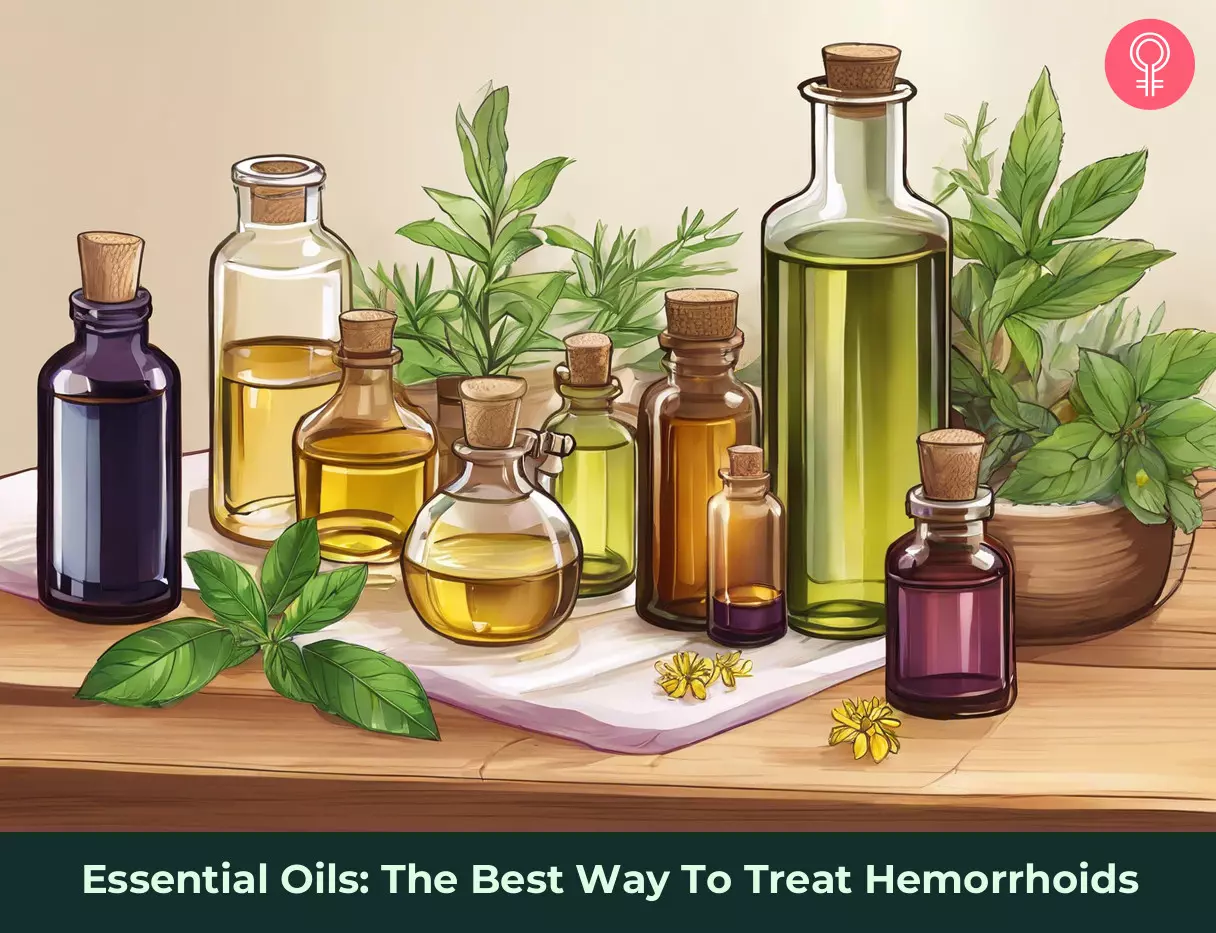
Image: Stable Diffusion/StyleCraze Design Team
Discover the best essential oils for hemorrhoids! Click on this video to know which oils are good for relieving pain, itching, and inflammation associated with hemorrhoids.
Personal Experience: Source
StyleCraze's articles are interwoven with authentic personal narratives that provide depth and resonance to our content. Below are the sources of the personal accounts referenced in this article.
i. HOW THIS OIL SHRUNK MY HEMORRHOIDS AND GOT RID OF MY DISCOMFORT FOR GOOD|| DO NOT SUFFER IN SILENCEhttps://www.youtube.com/watch?v=EFfgCebmaxU
References
Articles on StyleCraze are backed by verified information from peer-reviewed and academic research papers, reputed organizations, research institutions, and medical associations to ensure accuracy and relevance. Read our editorial policy to learn more.
- “Tea tree oil” US National Library of Medicine
- “An overview of phytopharmacology of…” Indian Journal of Traditional Knowledge, ResearchGate
- “The Study of Anti-inflammatory Activity of Oil…” Iranian Journal Of Pharmaceutical Research
- “Chemical Composition and…”Antioxidants, , US National Library of Medicine
- “Phytochemical Analysis and Anti-Cancer…” Asian Pacific Journal of Cancer Prevention, US National Library of Medicine
- “Boswellia Serrata, A Potential…” Indian Journal of Pharmaceutical Sciences, US National Library of Medicine
- “Chamomile: A herbal medicine of the past with bright future” Molecular Medicine Reports.
- “Antioxidant, Analgesic and Anti-inflammatory…” Thieme Planta Medica
- “Chemical composition, antimicrobial and…” BMC Complementary & Alternative Medicine
- https://files.achs.edu/mediabank/files/achs_patchouli_monograph.pdf
- “Identify the essential oils in…” Academia
- “The chemical composition and biological activity…” Phytotherapy Research, US National Library of Medicine
- “Vitamin E: A review of Its application…” Materials, US National Library of Medicine
Read full bio of Dr. Scott Johnson
Read full bio of Swathi Handoo
Read full bio of Ravi Teja Tadimalla
Read full bio of Payal Karnik







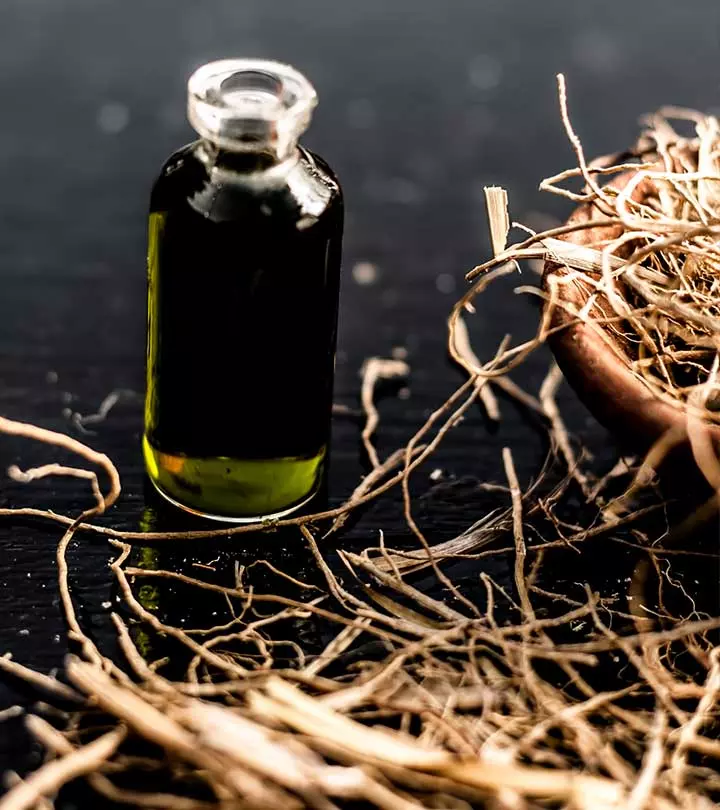
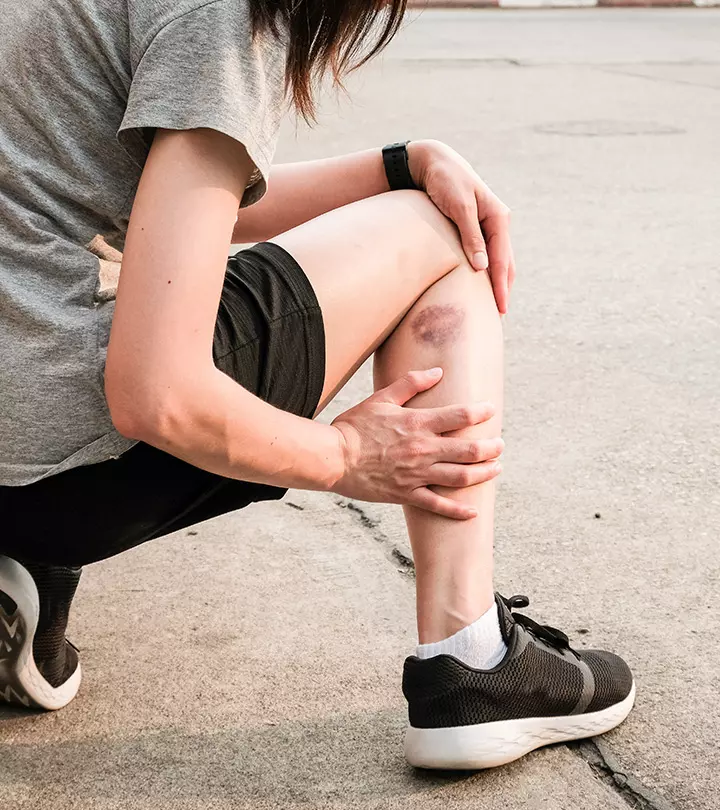

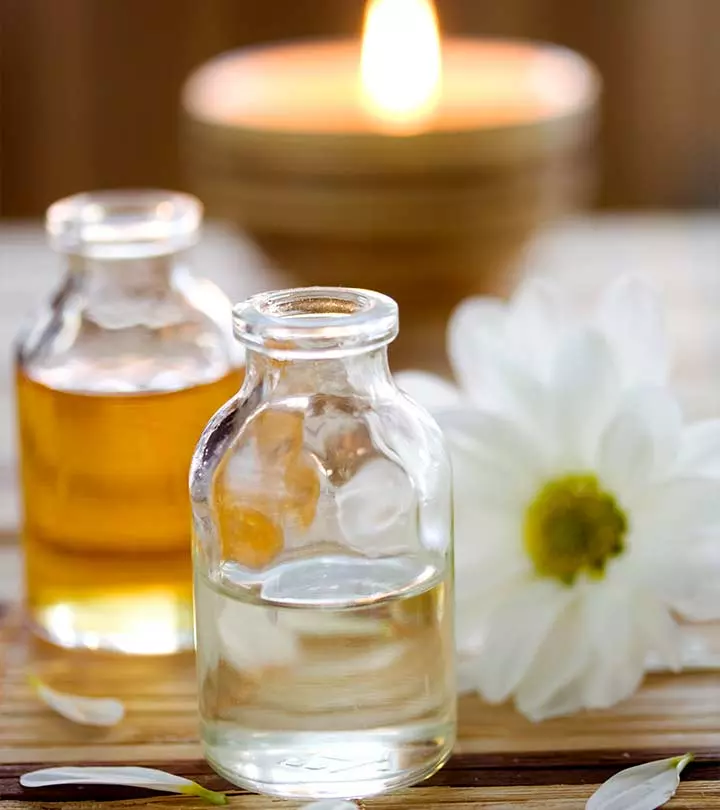


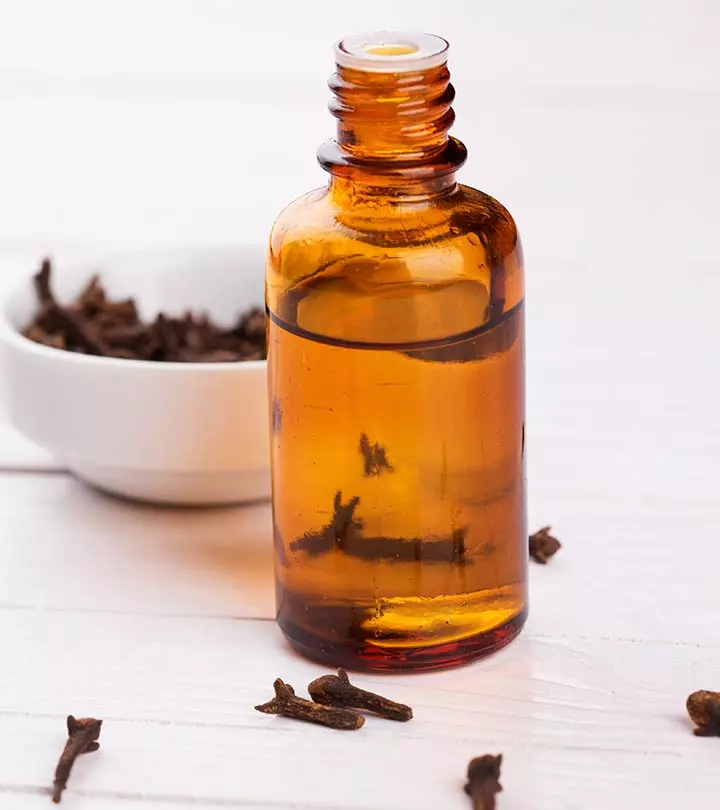
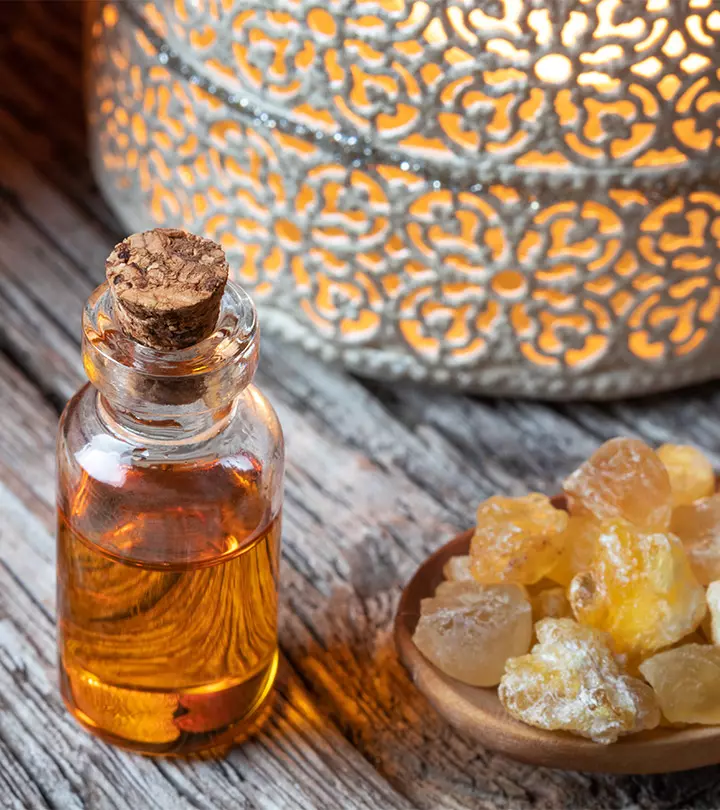
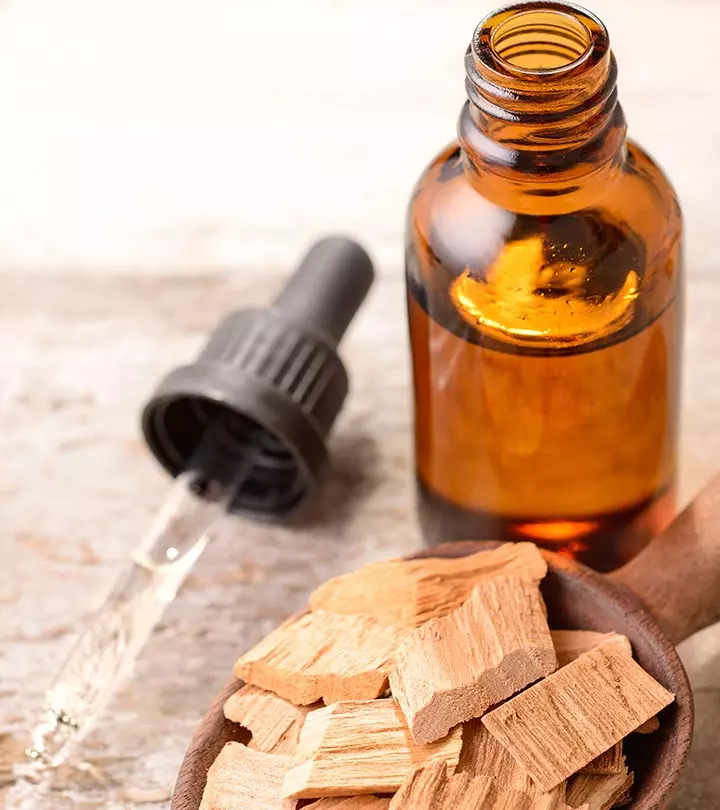
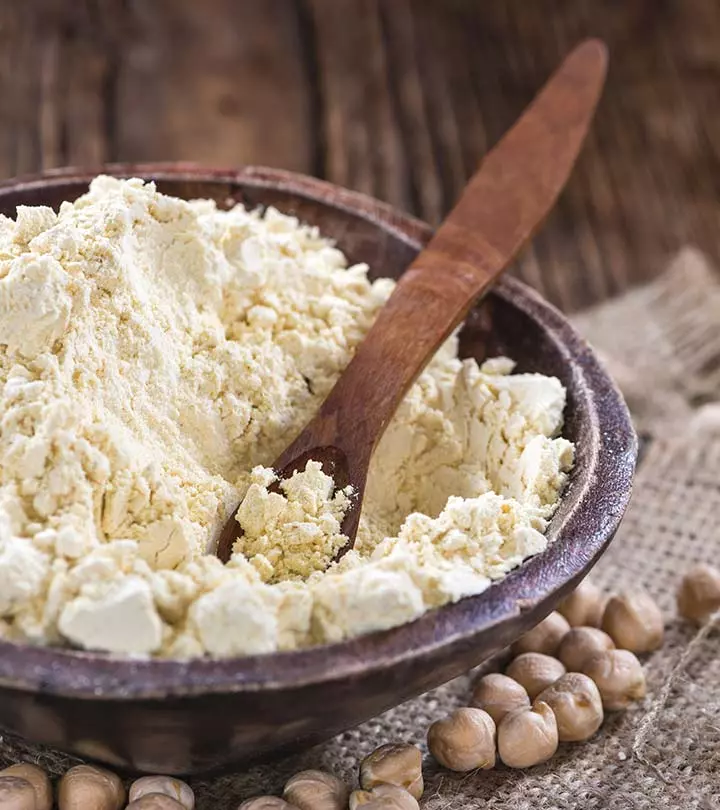

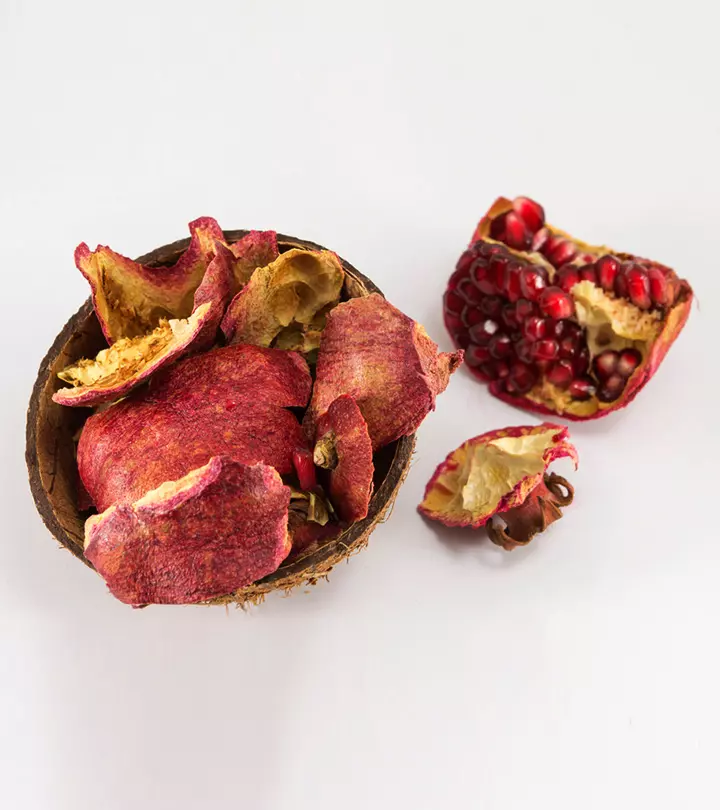
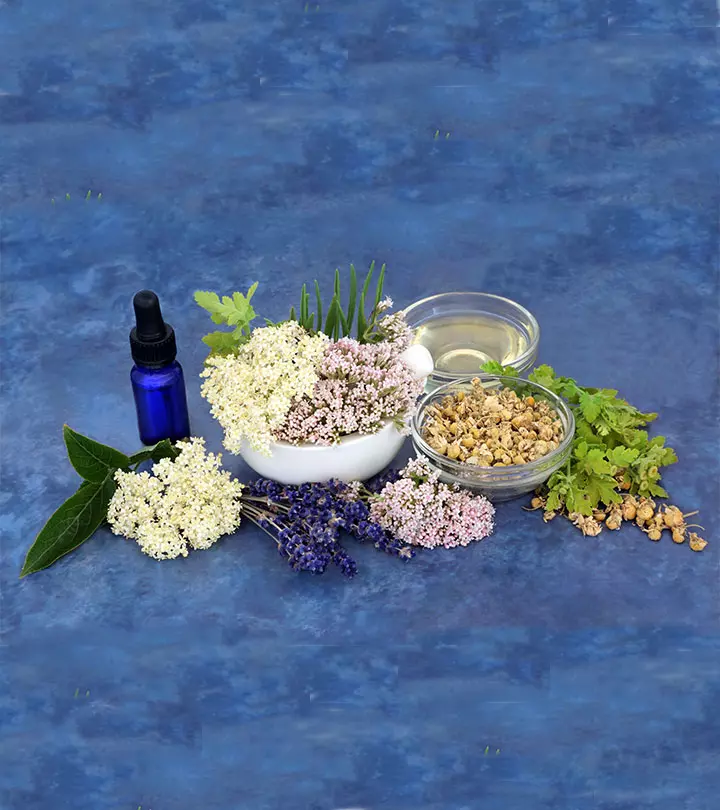
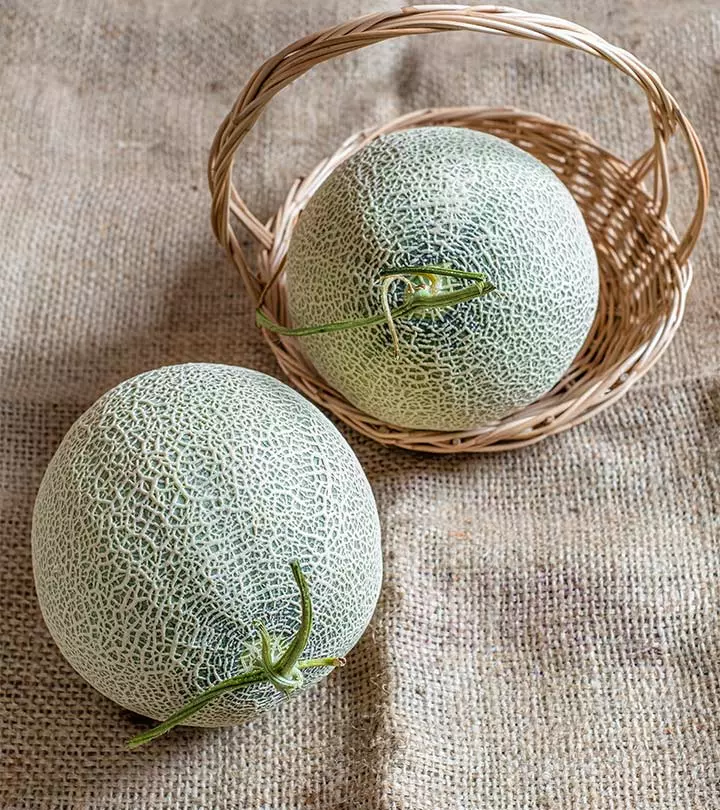
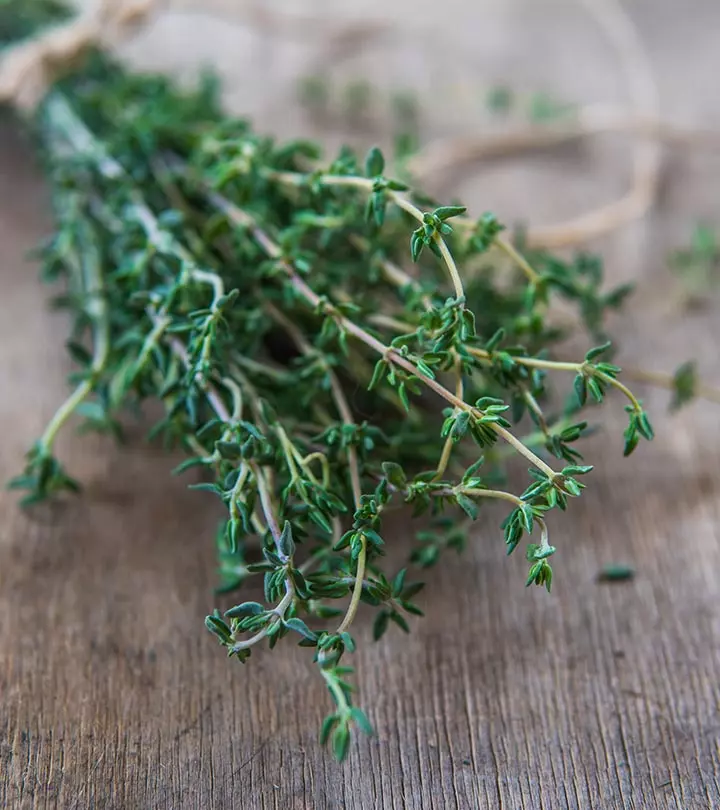
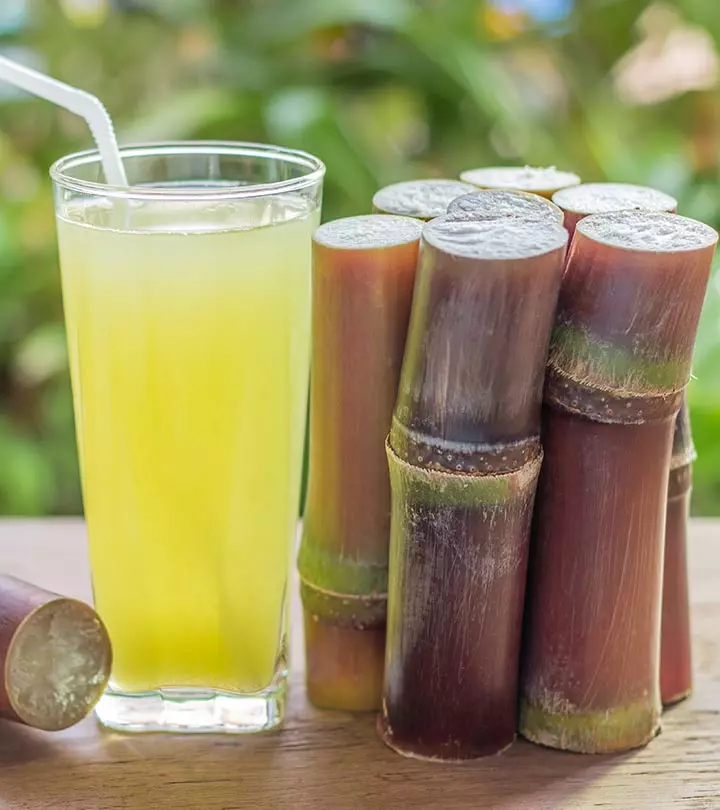
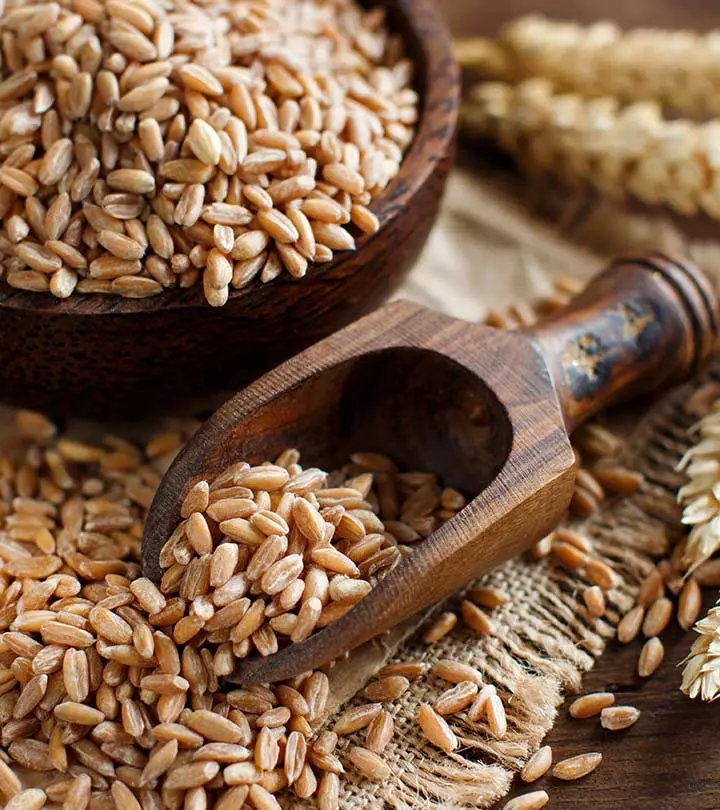
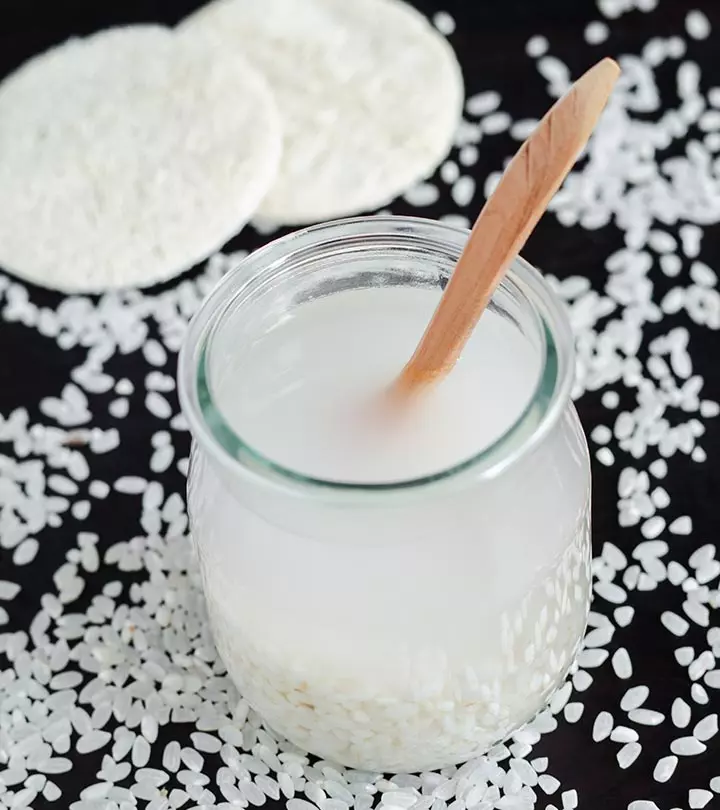
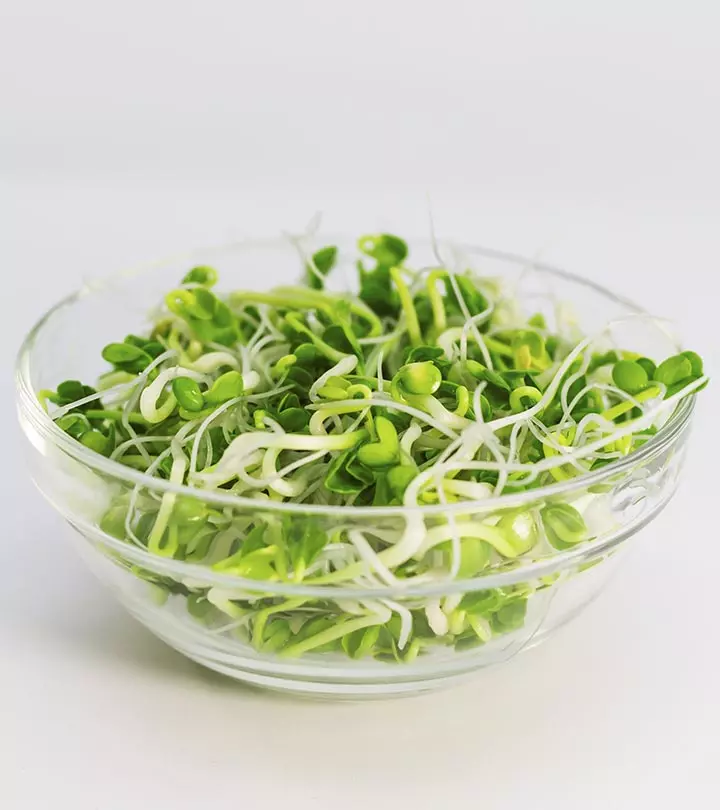
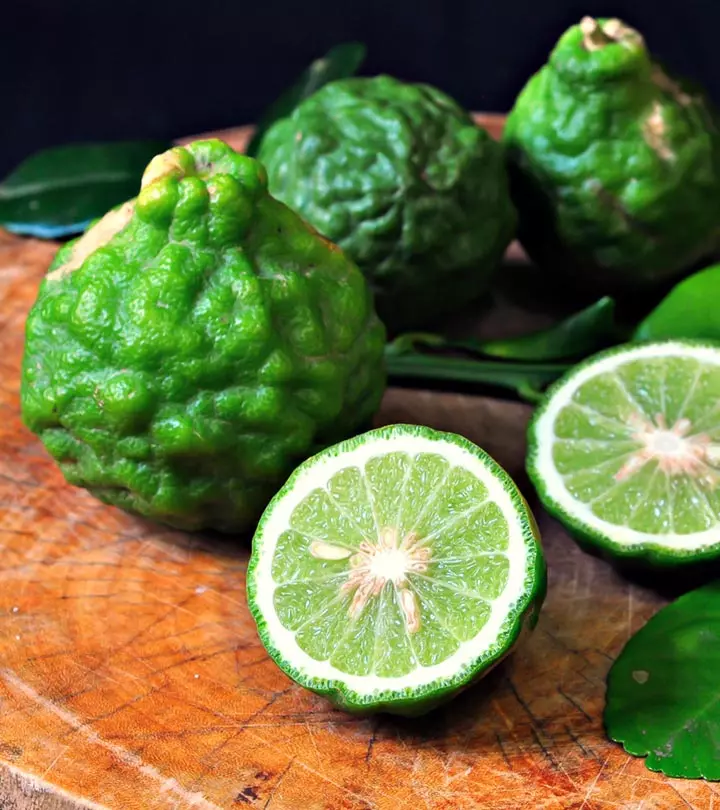
Community Experiences
Join the conversation and become a part of our empowering community! Share your stories, experiences, and insights to connect with other beauty, lifestyle, and health enthusiasts.